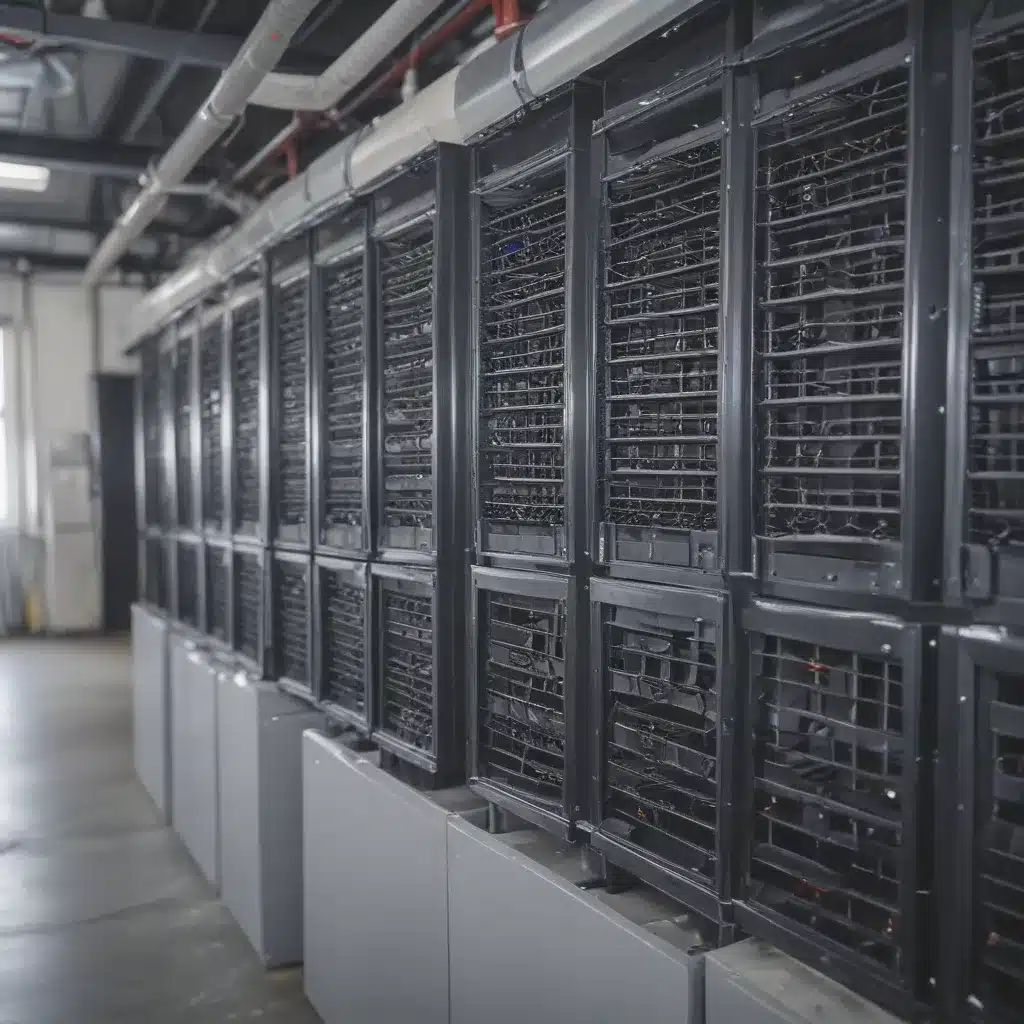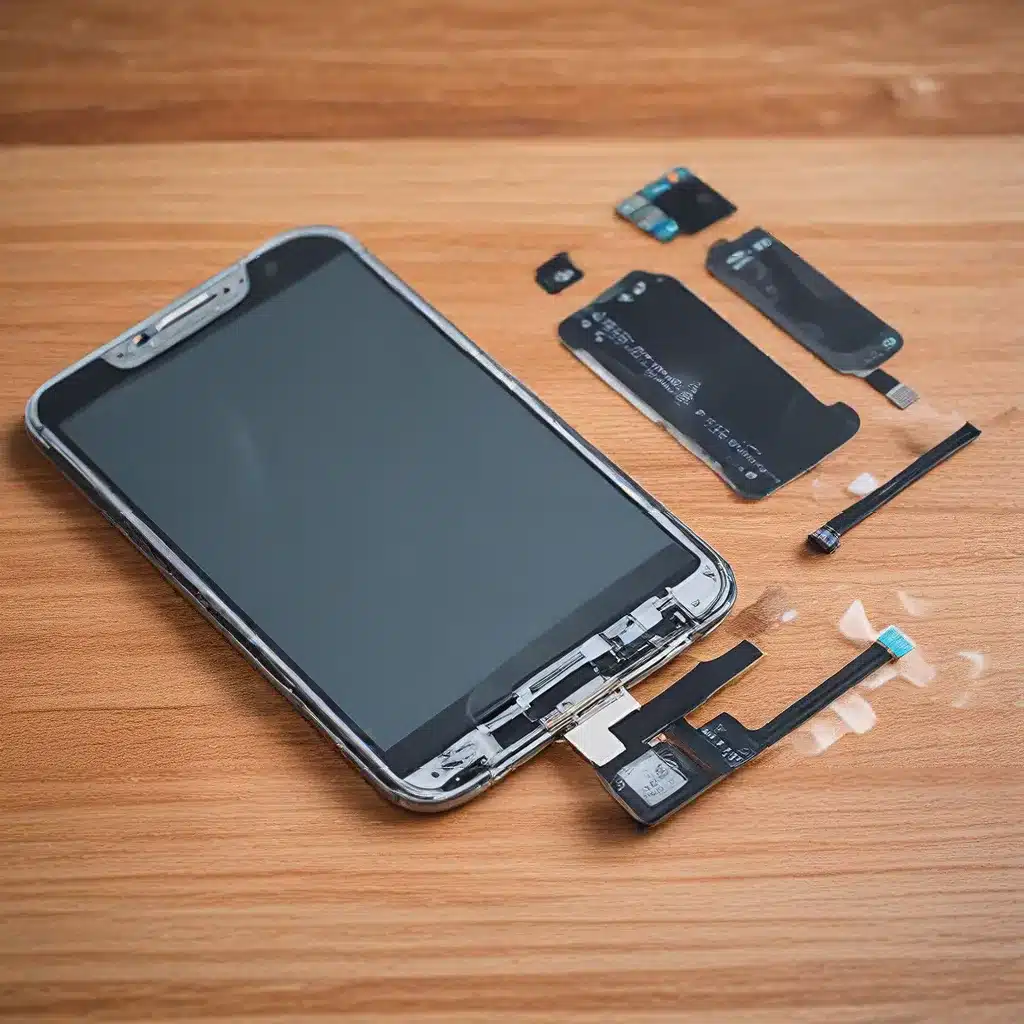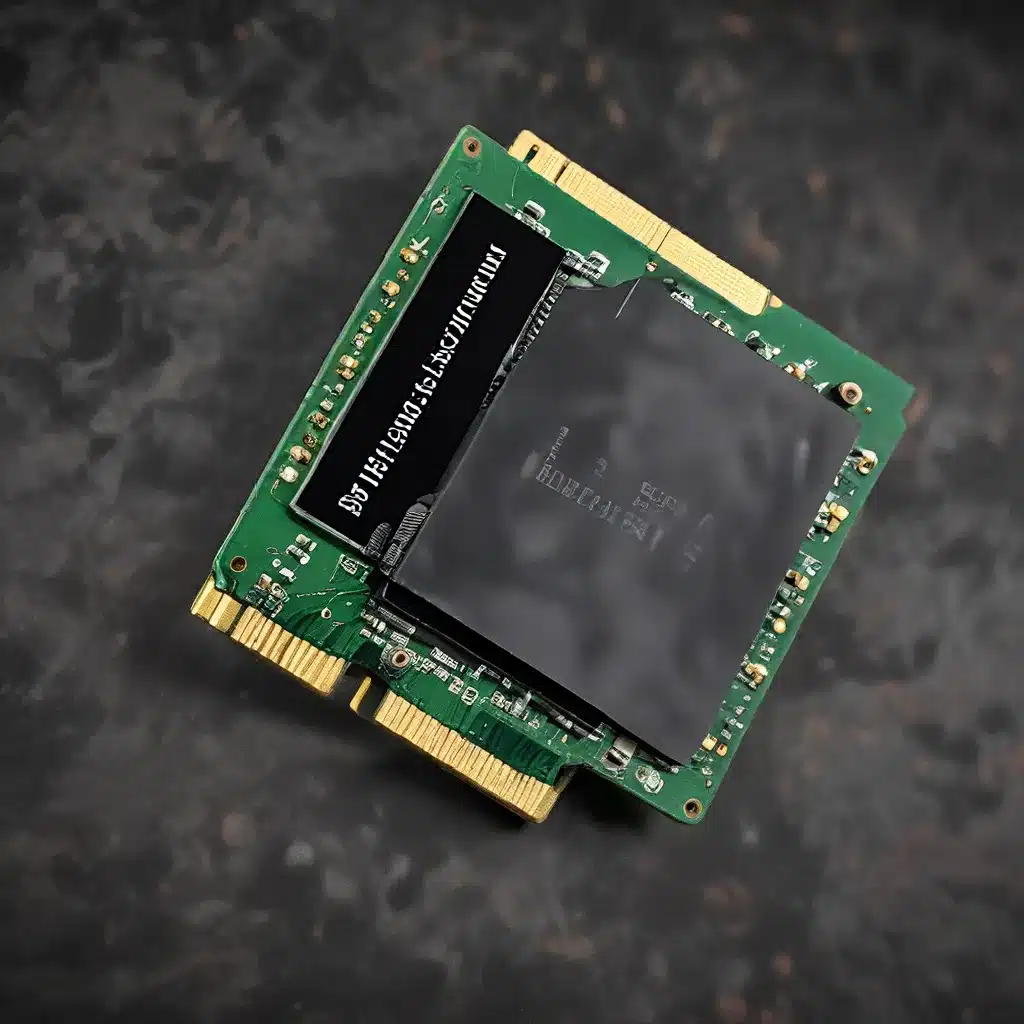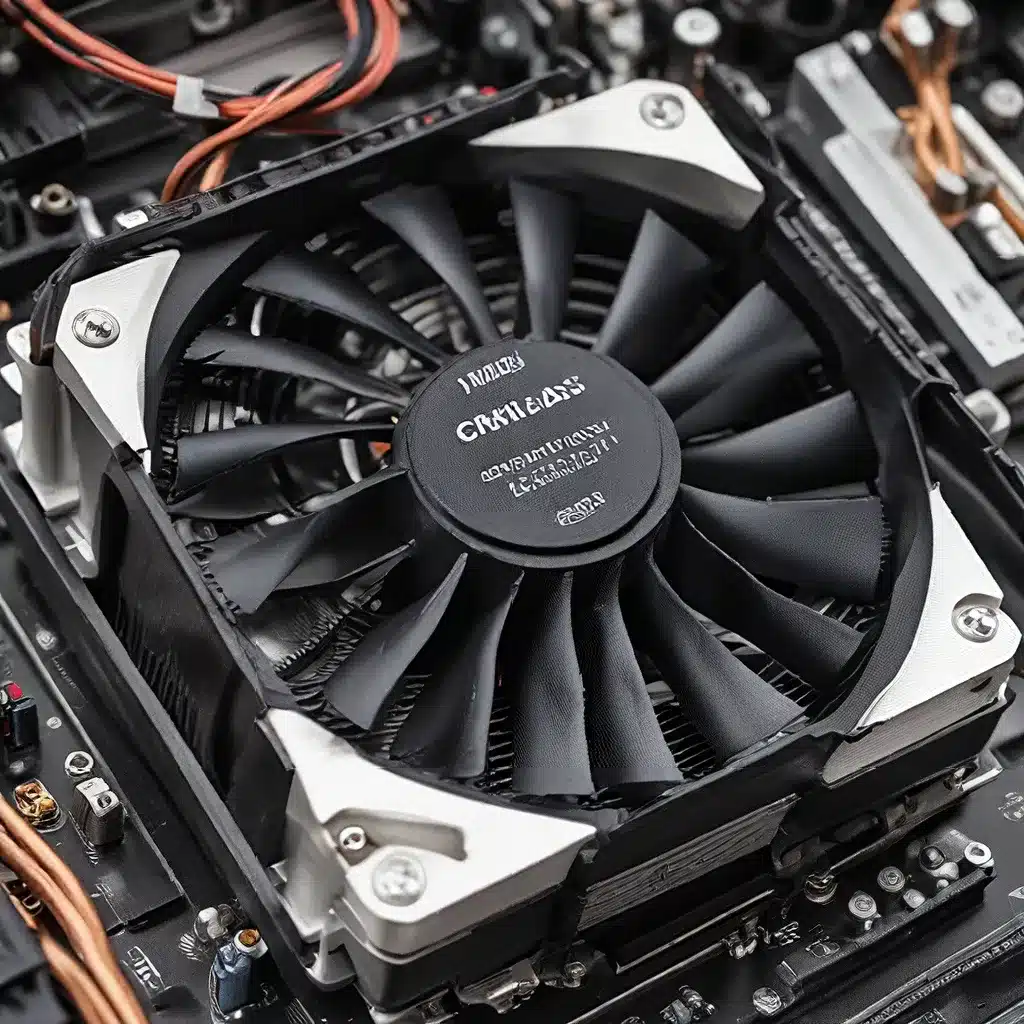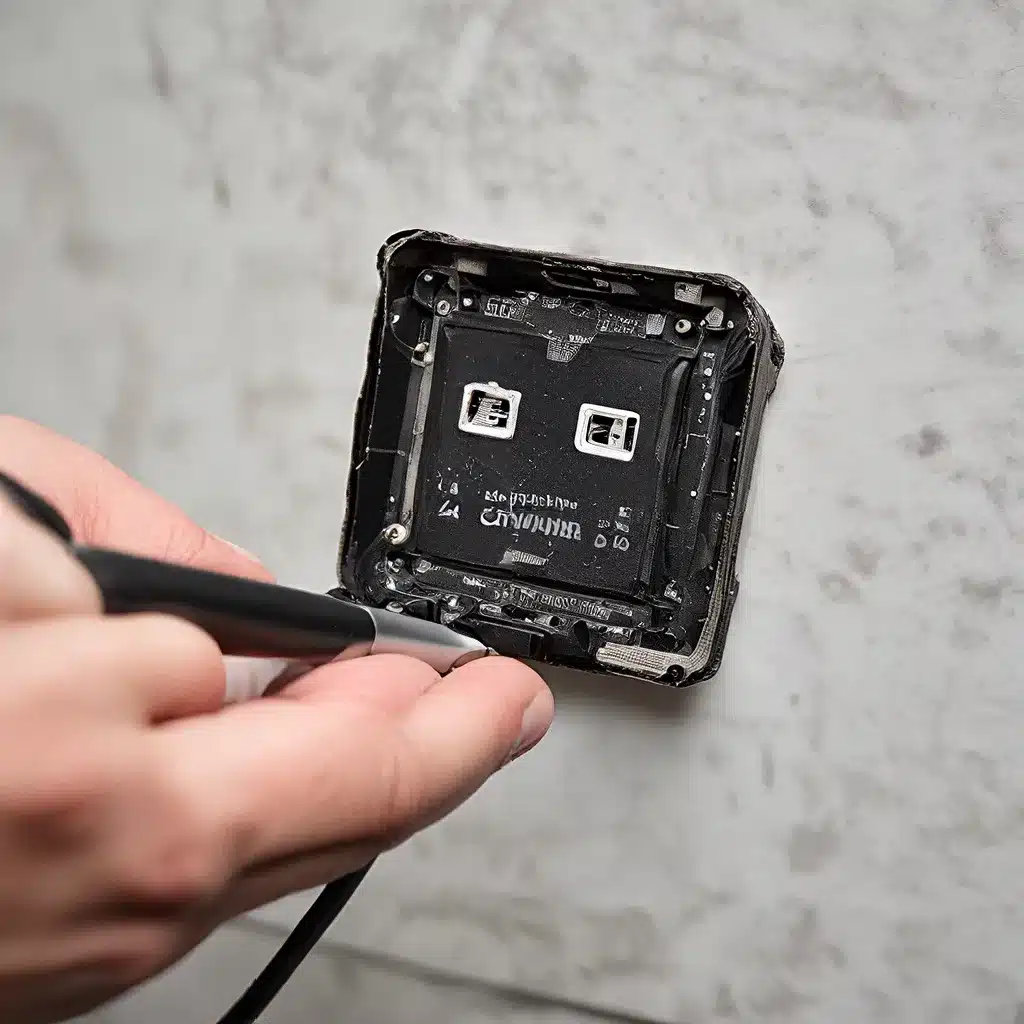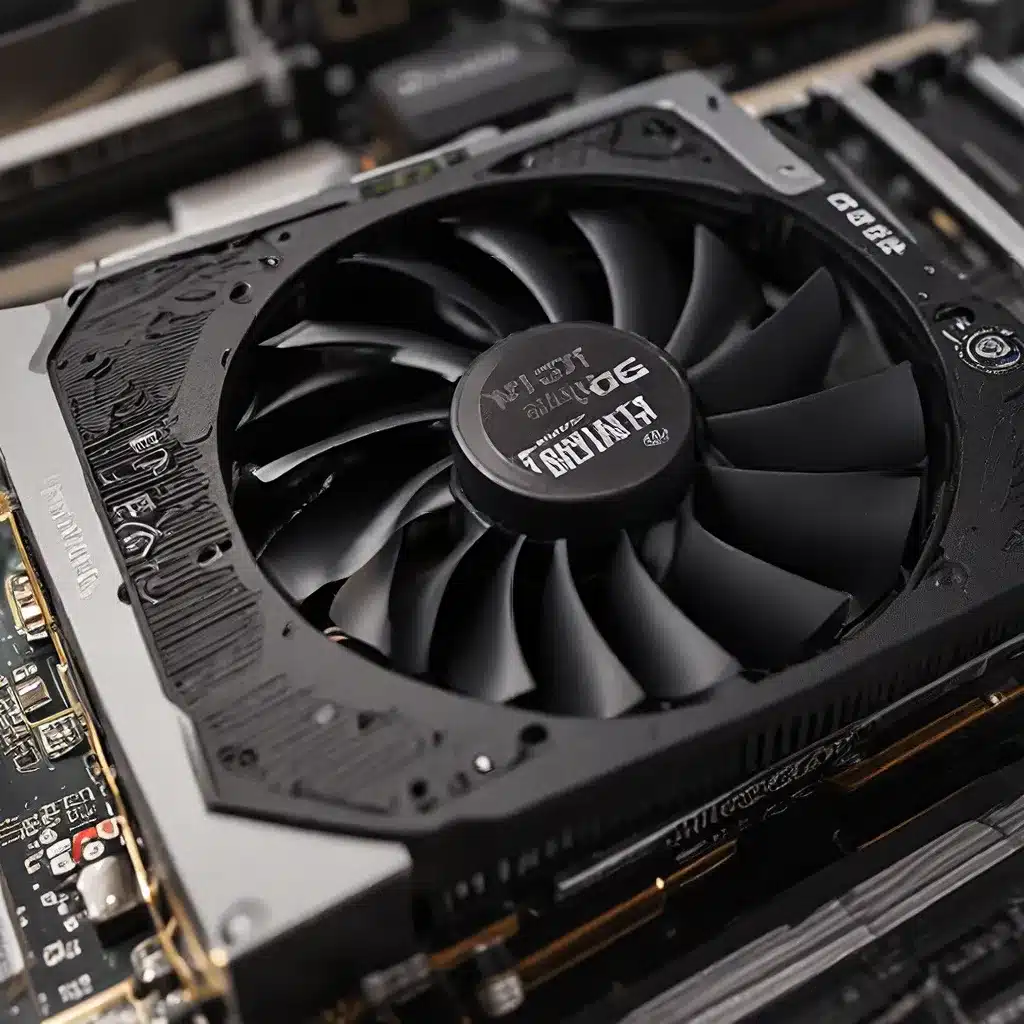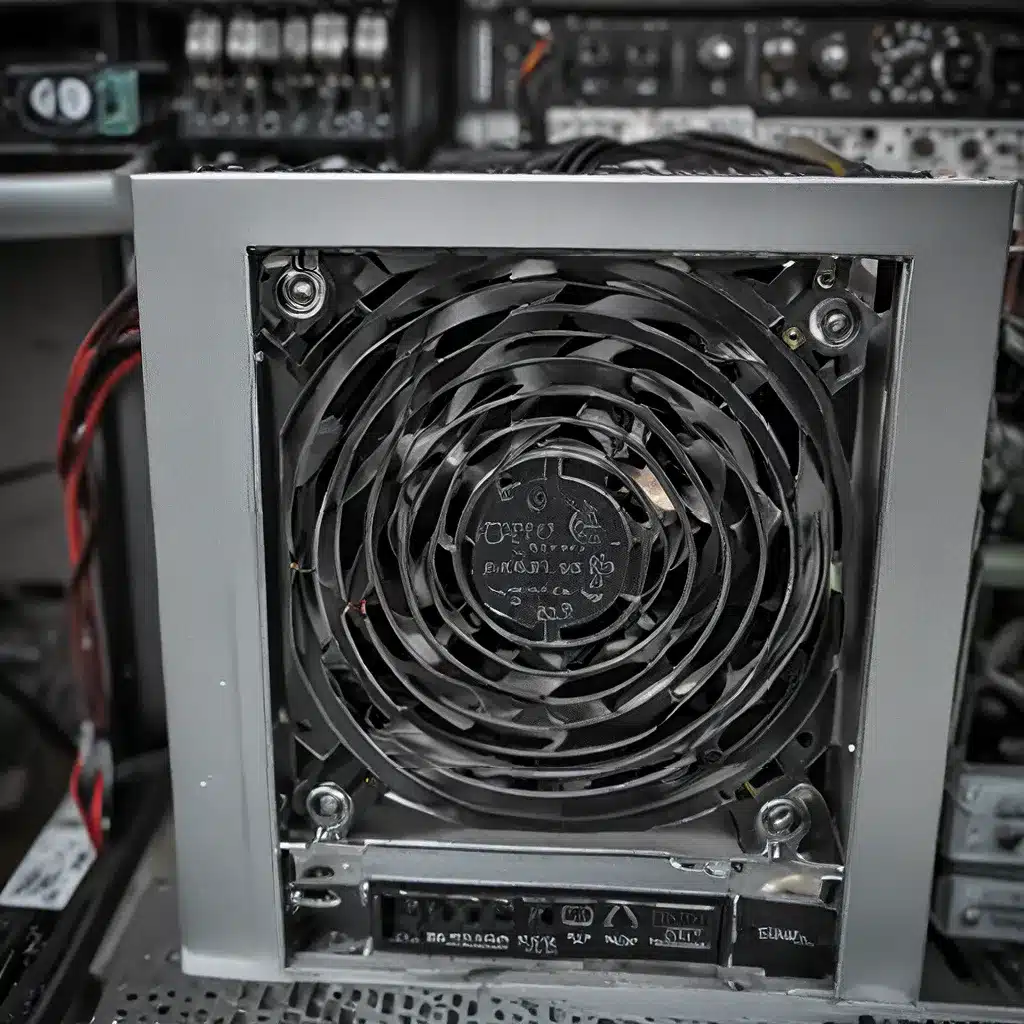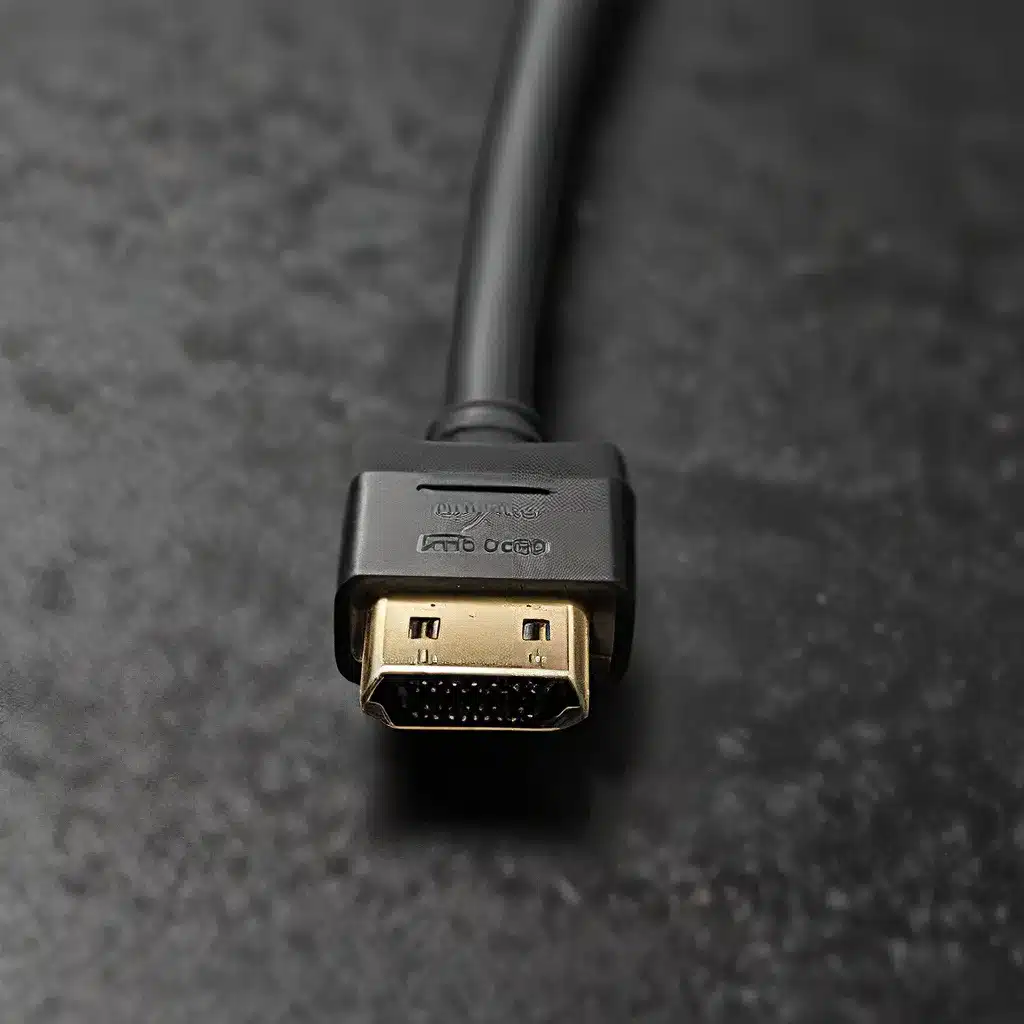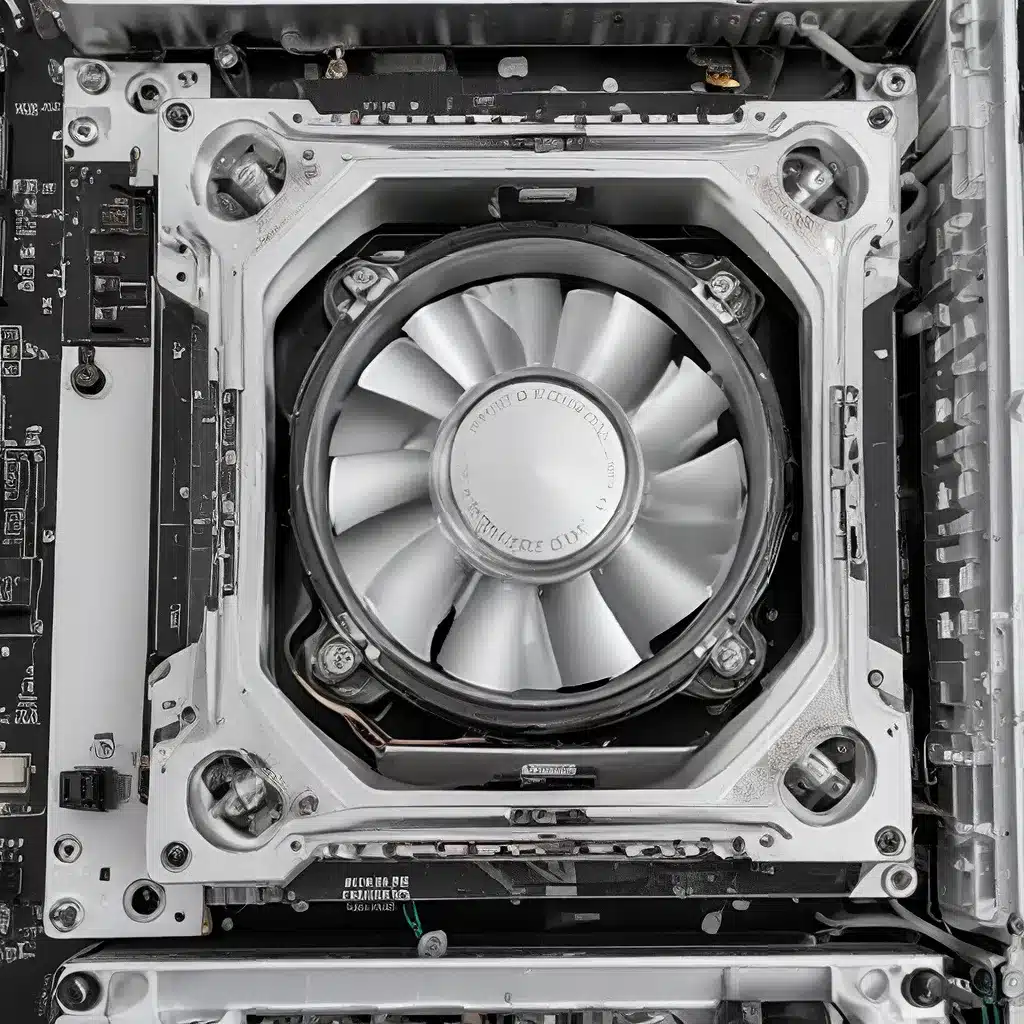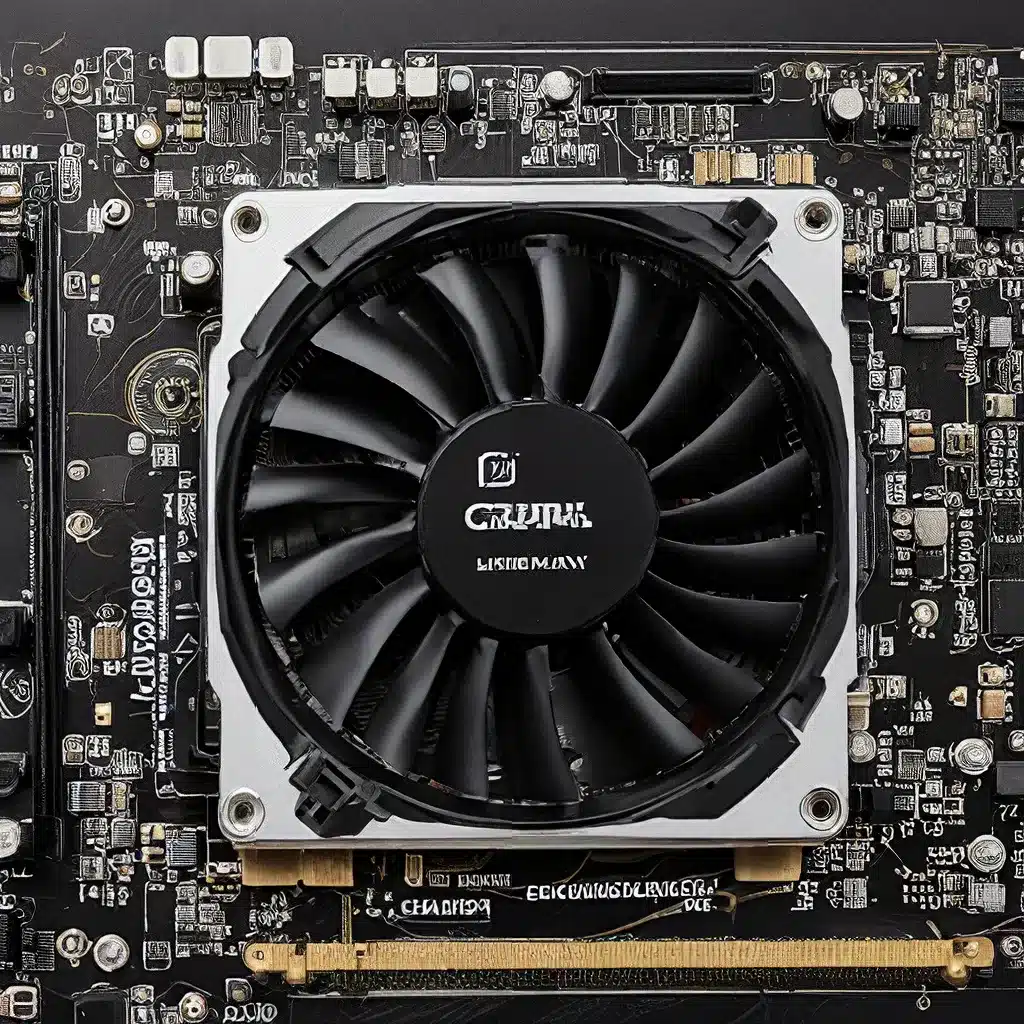As a lifelong tech enthusiast, I’ve always been fascinated by the inner workings of computers and how they function. One common issue I’ve encountered, both in my personal and professional experience, is the dreaded overheating problem. It’s a frustrating experience when your beloved device starts to slow down, shut off unexpectedly, or even suffer permanent damage due to excessive heat. But fear not, my fellow tech-savvy individuals! In this comprehensive article, I’m going to share with you some effective cooling solutions to keep your computers running smoothly and prevent those pesky overheating issues.
Understanding Overheating
Overheating, as the name suggests, is a condition where a computer’s internal components generate more heat than the system can effectively dissipate. This can be caused by a variety of factors, such as prolonged use, high-intensity tasks, or even poor airflow within the device. When a computer overheats, it can experience a range of problems, from sluggish performance to complete system failure [1].
To better understand the issue, let’s use an analogy. Imagine your computer is like a car engine – it generates a significant amount of heat while running, and if that heat isn’t properly managed, the engine can seize up and stop working altogether. In the same way, a computer’s internal components, such as the CPU, GPU, and other vital parts, produce heat that needs to be efficiently dissipated to keep the system running at its best.
Identifying Overheating Symptoms
One of the first steps in addressing overheating issues is to recognize the signs. Here are some common symptoms to look out for:
-
Sluggish Performance: If your computer starts to feel slower, with programs taking longer to launch or respond, it could be a sign of overheating.
-
Unexpected Shutdowns: Sudden, unexpected shutdowns or restarts can indicate that your computer is overheating and automatically shutting down to prevent further damage.
-
Fan Noise: If your computer’s fans are running at high speeds, constantly or more frequently than usual, it’s a clear indication that the system is working overtime to cool itself down.
-
Physical Heat: If the external casing of your computer or the surface it’s resting on feels significantly warmer than usual, it’s a good sign that the internal components are generating excessive heat.
-
Error Messages: Some computer systems may display specific error messages related to overheating, such as warnings about high temperatures or the need to cool down the device.
If you’ve noticed any of these symptoms, it’s time to take action and implement proper cooling solutions to keep your computer running at its best.
Implementing Cooling Solutions
Now that we’ve identified the problem, let’s dive into some effective cooling solutions to prevent overheating. These strategies can be applied to both desktop and laptop computers, so no matter what type of device you own, you’ll be able to find the right approach.
Optimizing Airflow
One of the most important factors in preventing overheating is ensuring adequate airflow within your computer. This can be achieved through a few simple steps:
-
Ensure Proper Ventilation: Make sure your computer has enough clearance around it, especially at the rear and sides, to allow for proper air circulation. Avoid placing it in cramped or enclosed spaces.
-
Clean Internal Components: Dust buildup can significantly impede airflow and trap heat inside your computer. Regularly clean the internal components, such as the fans and heatsinks, to maintain optimal airflow [2].
-
Upgrade or Replace Fans: If your computer’s fans are old, worn out, or not providing sufficient airflow, consider upgrading or replacing them with more powerful and efficient models.
Enhancing Cooling Mechanisms
In addition to optimizing airflow, there are several other cooling solutions you can implement to keep your computer running at its best:
-
Utilize Cooling Pads: For laptop users, investing in a high-quality cooling pad can make a significant difference. These devices typically feature multiple fans that help draw heat away from the laptop’s underside [3].
-
Install Aftermarket Heatsinks: For desktop computers, you can upgrade the stock CPU heatsink and fan with a more robust aftermarket solution. This can significantly improve heat dissipation and prevent overheating [4].
-
Consider Liquid Cooling: For enthusiasts or those with high-performance systems, a liquid cooling system can be an excellent solution. These systems use water or other coolants to absorb and dissipate heat more efficiently than traditional air-based cooling [5].
-
Monitor and Adjust Settings: Keep a close eye on your computer’s temperature readings and adjust settings, such as fan speeds or power management, to maintain optimal cooling. Many operating systems and software applications provide tools to monitor and control these parameters [6].
Preventing Overheating in Specific Scenarios
While the above solutions are generally applicable, there may be specific scenarios where additional measures are necessary to prevent overheating:
-
Gaming and Heavy-duty Tasks: If you’re a avid gamer or frequently engage in resource-intensive tasks, such as video editing or 3D rendering, your computer is likely to generate more heat. In these cases, you may need to invest in more robust cooling solutions, such as high-performance fans, liquid coolers, or even a dedicated cooling system for your graphics card [7].
-
Laptop Usage in Warm Environments: Laptops can be particularly susceptible to overheating, especially when used in warm or hot environments. Consider using a cooling pad or placing your laptop on a well-ventilated surface to improve airflow and heat dissipation [8].
-
Overclocking: If you’ve pushed your computer’s components to their limits through overclocking, you’ll need to ensure that your cooling system is up to the task. Inadequate cooling in an overclocked system can lead to severe overheating and potential component damage.
By implementing these cooling solutions, you’ll be well on your way to preventing overheating issues and keeping your computer running at peak performance.
Conclusion
Overheating is a common problem that can plague both desktop and laptop computers, leading to a host of issues ranging from sluggish performance to complete system failure. However, by understanding the causes of overheating and implementing the right cooling solutions, you can keep your computer running smoothly and maximize its lifespan.
Remember, prevention is key when it comes to overheating. Regularly maintain your computer’s internal components, ensure adequate airflow, and consider upgrading to more efficient cooling systems. With a little diligence and the right approach, you can say goodbye to those frustrating overheating woes and enjoy a seamless computing experience.
So, there you have it – your comprehensive guide to preventing overheating issues with proper cooling solutions. Go forth, my tech-savvy friends, and keep your computers running like the well-oiled machines they’re meant to be!
[1] https://forum.dji.com/thread-259756-1-1.html
[2] https://www.quora.com/How-do-I-stop-my-laptop-from-overheating-while-playing-games-without-buying-any-accessories-like-cooling-pads-etc
[3] https://www.intel.com/content/www/us/en/gaming/resources/pc-cooling-the-importance-of-keeping-your-pc-cool.html
[4] https://steamcommunity.com/app/1086940/discussions/0/3808408747687534392/
[5] https://www.avast.com/c-fix-computer-overheating
[6] https://www.crucial.com/support/system-maintenance-cooling
[7] https://forums.raspberrypi.com/viewtopic.php?t=307571
[8] https://www.reddit.com/r/lifehacks/comments/11oor0h/how_to_cool_down_a_laptop/

